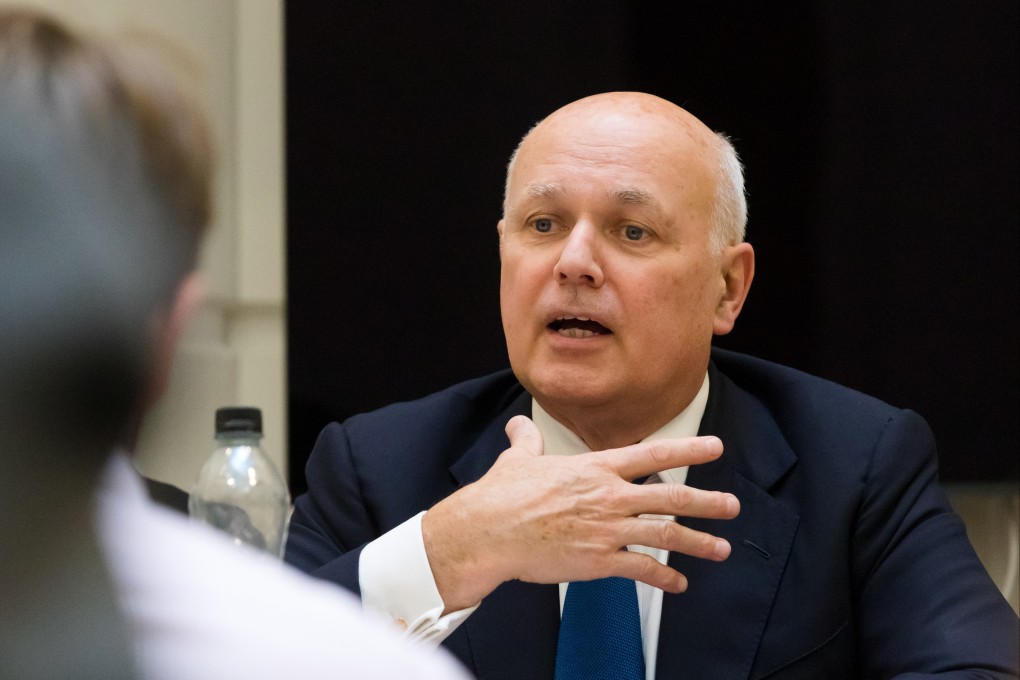Advertisement
British MPs call for government to take further measures against China over treatment of Uygurs
- Backbenchers in Parliament call for additional sanctions, import blacklists to address alleged human rights abuses
- Parliament declared China was committing genocide against Uygurs last year, but the government has repeatedly declined to make a direct determination
Reading Time:2 minutes
Why you can trust SCMP
13

Chad Brayin London
A cross-party group of backbenchers has called for the British government to impose additional sanctions against Chinese officials, enact import blacklists and take other steps to address alleged human rights abuses against Uygurs and other ethnic minorities in China’s Xinjiang Uygur autonomous region.
The debate in the House of Commons on Thursday was sparked by an independent tribunal’s finding in December that efforts by Beijing to lower the Uygur population in Xinjiang had constituted genocide.
“When will the government stand up and sanction those who are undertaking the genocide and have the confidence to not only back the House and select committees, but also sanctioned colleagues as well?,” said Nusrat Ghani, a Conservative MP for Wealden in southeast England.
Advertisement
Ghani, who organised the debate, is one of several British politicians who were sanctioned by Beijing last year.
Thursday’s debate came as France’s parliament passed a motion calling for the French government to condemn China for “crimes against humanity and genocide”.
Advertisement
British MPs voted in April 2021 to declare that China was committing genocide against the Uygurs, but the vote did not compel the government to take any action.
Advertisement
Select Voice
Choose your listening speed
Get through articles 2x faster
1.25x
250 WPM
Slow
Average
Fast
1.25x
